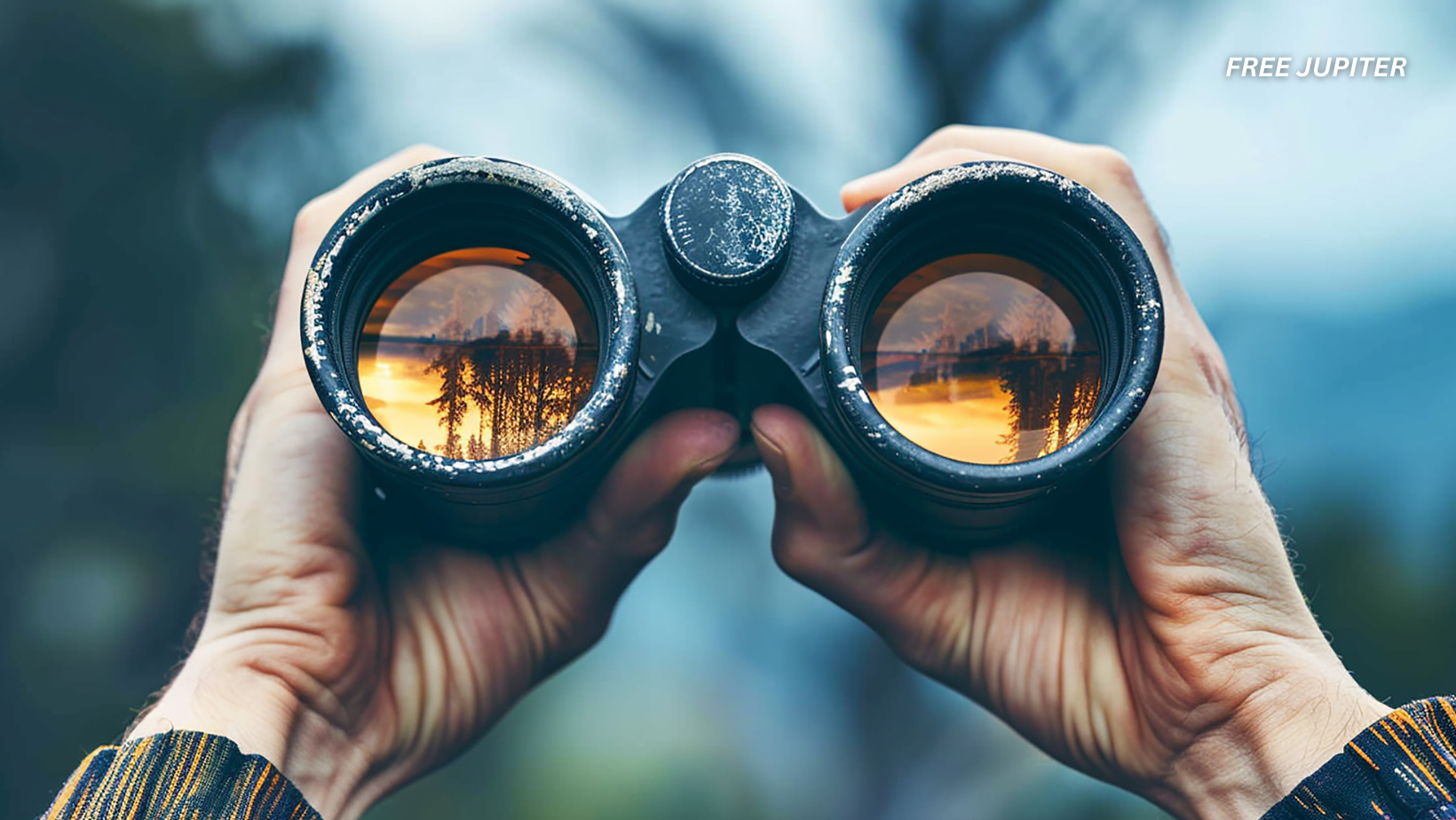Some people glide through life without noticing the finer points, while others are wired to spot the hidden, the subtle, and the easily overlooked. This isn’t about being nosy — it’s about having a mind that naturally tunes into details most skip. If you’ve ever wondered whether you fall into that second category, here are thirteen signs, explained in depth.
1. Subtle Changes Stand Out Immediately
A fresh haircut, a rearranged shelf, or a faint change in tone during a conversation rarely escapes your notice. This heightened awareness means you’re not only seeing physical differences but also picking up on emotional or social shifts. For example, you may recognize when a colleague is unusually quiet in a meeting or when a friend’s smile looks a little forced. This ability to spot small differences gives you a fuller picture of your surroundings and often makes you the person others rely on to catch what they’ve missed.
Read more: Subtle Signs Someone Is Annoyed With You but Won’t Actually Say It
2. Faces and Names Stick With You
Where many people struggle to recall a name at the supermarket or a face at a conference, you remember easily — and sometimes even recall what the person said months ago. This shows that you don’t see people as a blur of strangers but as unique individuals with stories, preferences, and experiences. In professional settings, it helps you build rapport quickly; in personal life, it makes others feel valued because you remember the details that matter to them.
3. Emotions Speak Louder Than Words for You
Body language, facial expressions, and tone often tell you more than a person’s actual words. You might notice a subtle tightening of the jaw, a quick flicker of surprise, or a softening of the eyes — all of which give you clues about someone’s real emotional state. This sensitivity can make you a calming presence in tense situations, as you sense the mood and act accordingly before things escalate. It can also deepen your relationships because people feel understood without needing to explain themselves fully.
4. A Natural Sense of Direction
Even in unfamiliar places, you rarely feel lost for long. You tend to remember landmarks, routes, and layouts instinctively, which allows you to navigate confidently without constant digital guidance. This ability often extends beyond geography. In a new workplace or event space, you quickly orient yourself and figure out how things are organized. In an emergency, this spatial awareness can become a genuine asset, helping you and others move safely and efficiently.
5. Odd Details Jump Out Instantly
You’re the one who notices the misplaced decimal in a report, the off-color thread in a patterned fabric, or the slight inconsistency in a friend’s story. This ability to zero in on irregularities is supported by research showing that some people’s brains process visual and contextual information more efficiently. It’s a skill that proves invaluable in editing, auditing, safety checks, or simply keeping everyday life running smoothly. It also helps you sense when something’s not quite right in a social situation, allowing you to read between the lines.
6. Conversations Stay Crystal Clear in Your Memory
While others vaguely remember “what was said,” you recall who said it, when, and in what mood. This isn’t just about words — you also retain the emotional atmosphere, the setting, and even what people were wearing. Because of this, you’re excellent at following up on discussions, avoiding misunderstandings, and telling stories that paint a vivid picture. Friends and coworkers often appreciate how well you listen and how accurately you can recall past interactions.
7. Inconsistencies Ring Alarm Bells
Plot holes in films, contradictory details in an explanation, or numbers that don’t add up — these all light up on your internal radar. You’re naturally inclined to question and investigate rather than take information at face value. This makes you a stronger problem-solver, because you can identify the real source of an issue rather than patching up symptoms. It also means you’re less likely to be misled by incomplete or false information, giving you a clearer path to informed decisions.
Read more: 12 Traits of Highly Intuitive People Who See the World Differently From Everyone Else
8. Body Language Adds a Hidden Layer of Meaning
Words are only part of communication. You instinctively watch gestures, posture, and eye movements, which give you a deeper understanding of what someone is truly expressing. Because you’re so aware of nonverbal cues, you also pay attention to your own body language, making sure it matches your words. This often makes you a more confident and trustworthy communicator. Whether you’re negotiating a deal or simply chatting with a neighbor, this skill can ease tension and build rapport.
9. Patterns and Connections Reveal Themselves Quickly
You don’t just see individual data points — you see how they fit together. Patterns in numbers, designs, or behavior stand out to you, letting you connect dots others miss. This talent can be invaluable in fields like research, planning, or creative work. It also enriches your hobbies: you might pick up recurring motifs in music, themes in literature, or strategies in games. Seeing patterns allows you to predict outcomes and generate new ideas that surprise others.
10. Multitasking Feels Manageable
Juggling several responsibilities at once may overwhelm some, but your brain seems to track multiple streams of information naturally. You can shift between tasks without losing sight of details, making you adaptable in fast-paced environments. In daily life, this might show up as cooking while helping with homework or managing a busy schedule without dropping commitments. It doesn’t mean you’re immune to stress, but your ability to prioritize and plan keeps chaos at bay.
11. You Often Anticipate What Comes Next
In conversation, you may find yourself predicting someone’s next words. When watching a series, you might guess the twist before it happens. This isn’t mere luck — it’s your observant mind noticing patterns in speech, behavior, and storytelling. Being able to anticipate responses helps you prepare your own, making exchanges smoother and more thoughtful. It also deepens your appreciation for stories and events, since you can see how they’re built even as they unfold.
12. Shifts in Atmosphere Catch Your Attention
A subtle drop in temperature, a change in lighting, or a shift in group mood registers with you almost immediately. You adjust quickly, whether that means opening a window, softening your tone, or redirecting a meeting. This sensitivity makes you good at creating or maintaining a comfortable environment for others — not just physically but socially too. People often feel at ease around you because you respond to cues they didn’t even notice.
13. Complex Problems Feel Like Puzzles to Solve
You find satisfaction in cracking riddles, untangling tricky issues, or fitting information together until it makes sense. This isn’t limited to games — it’s how you approach real-life challenges. The same curiosity and patience that draw you to puzzles drive you to dig deeper at work or in personal projects. Rather than avoiding complexity, you lean in, trusting that your attention to detail will guide you toward a solution.
Read more: If You Hear These 12 Phrases, They Don’t Actually Care About You
Putting It All Together
Being observant isn’t just about having sharp eyesight or a good memory. It’s about how the mind processes information — noticing small differences, spotting patterns, and making connections that others might miss. These thirteen signs show how this ability shapes interactions, problem-solving, and even creativity. In a world full of noise and distraction, the skill of noticing the unnoticed can be a quiet superpower, helping you navigate situations thoughtfully and making you a reliable source of insight for others.
Featured image: Freepik.
Friendly Note: FreeJupiter.com shares general information for curious minds. Please fact-check all claims and double-check health info with a qualified professional. 🌱










